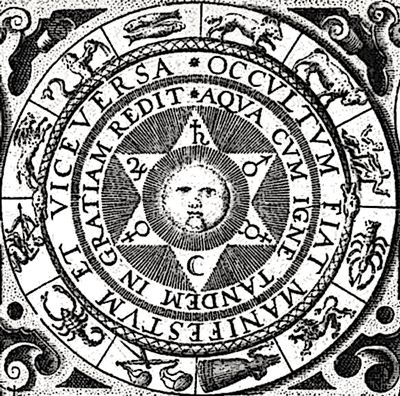U.S. Churches: Where will our electic tastes carry us?

ASTROLOGY is popular. One in five Americans believe in the idea.
Churches remain a dominant institution in America, despite a rising number of Americans who say they don’t have a religious affiliation. Both the religiously unaffiliated and affiliated believe churches do a lot of good. Large majorities of both groups say that churches bring people together and strengthen community bonds, according to a Pew poll last year. Large majorities also say the churches play an important role helping the needy and the poor.
But will our eclectic spiritual tastes threaten the church?
So far this week, we’ve discussed congregational mobility, trends in the demographics of congregations, trends in church attendance, and changing profiles of clergy in the main Christian denominations — all based on the U.S. Congregational Life Survey.
Today, we consider the increase in eclectic beliefs and practices, the long-term effects of which remain to be seen. Over one-third of churchgoers attend services in more than one church. One in four attends services in different faiths, according to another Pew survey. More than one in five Christians believe in astrology, reincarnation, and spiritual energy in trees and nature. Seventeen percent believe in in the “evil eye” (casting curses on others).
Over the last 20 years, rising numbers of Americans say they have felt like they were in touch with someone who was dead, according to Gallup data discussed in the Pew report. A rising number also say that they have seen or been in the presence of a ghost.
In some ways, this eclecticism seems quite American—as the nation is a mix of peoples and beliefs, so too are American religions. By the same token, could rising eclecticism erode the religious foundation of the church? Can organized religion co-exist with the mix-and-match tendencies of the American people.
Do you have eclectic religious and spiritual beliefs?
What have you seen in your congregation?
Does eclecticism imperil the institution?
Wayne Baker is a sociologist on the faculty of the University of Michigan Ross School of Business. Baker blogs daily at Our Values and can be reached at ourvaluesproject@gmail.com or on Facebook.


Comments
Elaine F. Owsley
Sun, Aug 18, 2013 : 12:02 p.m.
It's ECLECTIC - not ELECTIC